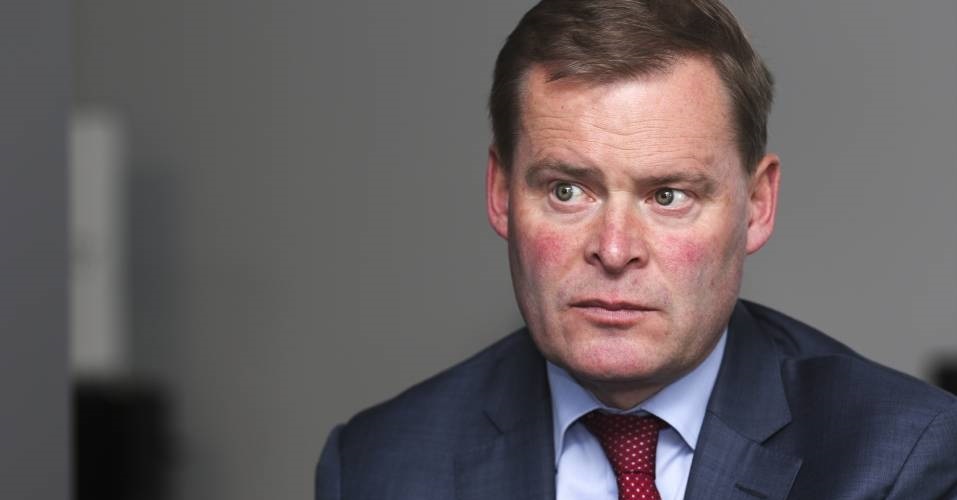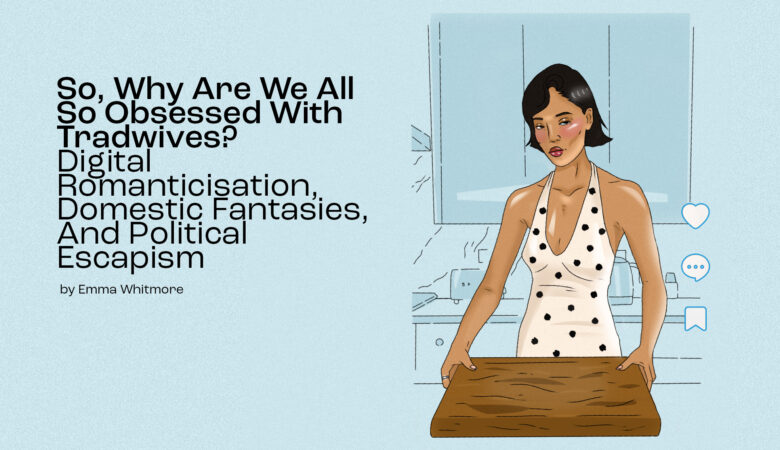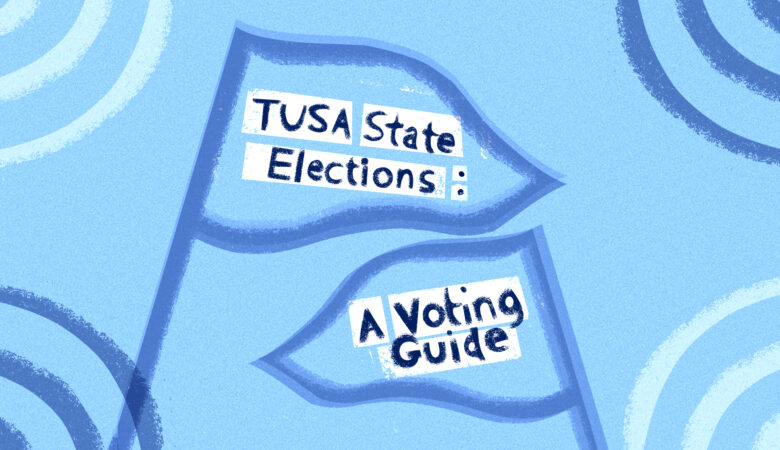Controversy reigns as the University of Tasmania’s (‘UTAS’) proposed move into the city continues to take shape and the 2022 local government elections in Hobart loom. A dividing line has been drawn between candidates who support UTAS’ move and those who oppose it. Many candidates opposing the UTAS move have been vocal on Save UTAS Campus Supporters Facebook pages, accusing the Lord Mayor (‘LM’) Anna Reynolds and many of her Greens colleagues of collaborating with UTAS and refusing to consult with the broader public on this issue. But how much of the city move progress is LM Reynolds’, and even Rufus Black’s, doing?
Letters between former Vice Chancellor (‘VC’) of UTAS Peter Rathjen and former LM Sue Hickey have been released which suggest UTAS’ move to the city might have been envisioned by those in power as early as 2015. In late 2016, VC Rathjen invited members of the Hobart City Council (‘HCC’) to attend the University Cities Conference in Budapest, as well as visit the university cities of Freiburg and Cambridge. This trip, which went ahead and cost approximately $14 000, was intended as research to support what is cited in the report as UTAS’ ‘clear desire to move into the inner city’ (Supporting Information Council Meeting 30/5/2022, p421).
Following the trip, LM Hickey wrote back to Rathjen assuring him that the HCC was ‘committed to and absolutely share[d] UTAS’s aspirations to move into the inner city.’ She mentioned the report provided by Aldermen Burnet, Briscoe and the General Manager on their trip to Budapest, Freiburg and Cambridge and their enthusiasm. Hickey concluded the letter by recommending that the Memorandum of Understanding between HCC and UTAS be strengthened and that ‘socio-economic analysis of the University’s possible move into the city’ (Hickey-Rathjen Letter 7/3/2017, p1) be undertaken.
This position was not officially adopted by UTAS until August 2017, when a letter was sent from LM Hickey to then Prime Minister Malcolm Turnbull requesting his commitment to progressing a City Deal for Hobart, with the UTAS STEM Precinct Proposal as its centrepiece (Supporting Information Council Meeting 30/5/2022, p526).
All of this suggests that LM Reynolds and VC Black have not been as instrumental in UTAS’ proposed city move as initially thought, instead merely implementing the visions of their predecessors. It also can be noted that UTAS has largely failed to maintain or upgrade many of its lecture theatres, classrooms and infrastructure on the Sandy Bay campus for decades, leaving many buildings no longer fit for use without costly repairs and renovation.
The disclosed information provides an insight into the potential mind-states of those who initially kick-started UTAS’ move into the city. The proposal was certainly not viewed with the controversy that it is marred with today, and a lot of optimism was present in discussions about its potential to develop Hobart as a city.
However, at some point post-COVID a new, negative attitude has settled towards the city move held by many students and staff at UTAS. Whether this reflects a broader discontent towards UTAS and the direction it is taking, or actually based on the merits of the idea of moving into the city, is another question.
From my point of view, the dissatisfaction with UTAS and its treatment of staff and students has been building well before the city move was unveiled. UTAS, along with many other Australian universities, have been moving further and further away from focussing on educational outcomes for students as their foremost goal. What has replaced this is a strange neoliberal mindset which resembles that of a Frankenstein-esque corporation, focussing on securing financial independence from a government which has largely abandoned public funding for universities and ultimately aiming to run at a profit.
The odd thing about UTAS’ neoliberalism is that it does not quite contain the same mechanisms for safeguarding accountability, transparency and good financial practices that regular corporations are bound to observe. The recent renewal of VC Black’s contract on an indefinite basis demonstrates this, with no room for performance review or clear standards set for what is expected of him in return for his million-dollar salary. UTAS’ purchase of property within the Hobart CBD for up to three times market value and exemption from paying rates to council are other examples.
At the same time, UTAS and other modern universities no longer represent the democratic institutions they once were in the 20th century, where meaningful student and staff consultation was pursued and information such as contracts of high-ranking officials was freely disclosed. Students, now stuck somewhere in the grey area between shareholders and constituents, are paying the price for this shift.
The upcoming Tasmanian University Student Association (‘TUSA’) State Council elections and its topical focus on the city move and whether TUSA has truly represented student concerns on this matter highlight the complexities of the relationship that now exists between student and university. In the past, TUSA’s independence and ability to voice student concerns has been diminished by the fragile position in which it finds itself, dependent on its allocation of Student Services and Amenities Fees (‘SSAF’) – roughly 17% of SSAF income – and therefore on an element of goodwill on the part of UTAS.
Now TUSA and many of its candidates have expressed a desire to move away from its dependence on UTAS for funding and begin agitating for positive change. This is a promising development, but its potential for success is dependent on a lot of interlocking factors. First and foremost is the mobilisation of the broader student body behind TUSA and its vision, which will go a long way to convincing UTAS of the association’s legitimacy as the representative of student concerns.
How to conclude this long, rambling behemoth of a piece?
I would say that it is important to keep context in mind when scrutinising UTAS, Rufus Black and their actions and decision-making. The city move has long been in the works, for at least the last 5 or so years, and has involved a whole array of proponents, from Sue Hickey and Peter Rathjen to present-day leaders Anna Reynolds and Rufus Black. The proposal and the lack of meaningful public consultation associated with it is symbolic of UTAS’ broader shift away from democratic principles towards principles fitting the mould of a corporation. It will be difficult to have an influence as students on this shift, which is ultimately leading to poorer educational outcomes for students and working conditions for lecturers and staff but there is no harm in trying.
Although I personally have my doubts about many candidates for local council currently running on anti-UTAS city move platforms and where their true interests lie, perhaps this broader movement can be harnessed to achieve something good for students. In many ways we as students are the customers of UTAS, so maybe it is us that can have the biggest say with good old-fashioned consumer power.
Since mid-2021 the debate around UTAS’ city move has been infiltrated by a large number of parties with different interests, all uniting to oppose the so-called “corporate behemoth’s” planned expansion into real estate and away from educational outcomes for students. While all of this may be true, the way in which many council candidates have tacked on “anti-UTAS” labels to their campaigns is largely uncritical and may be a reactionary move to attract votes in upcoming elections.
All of this begs the question whether a large portion of the group claiming to “defend” educational outcomes, adequate facilities and in-person learning for students would be doing so with the same vigour if not for their interests being affected. Maybe a little more nuance is needed in this particular debate so as to ensure UTAS is made perfectly aware that their proposal threatens more than just the property values of neighbouring Sandy Bay properties?








